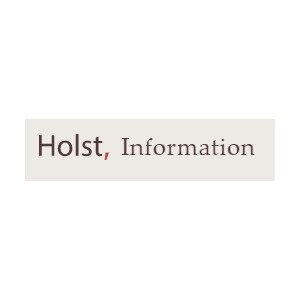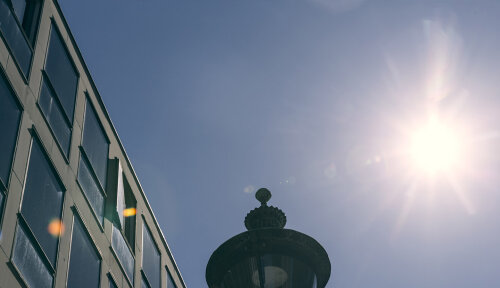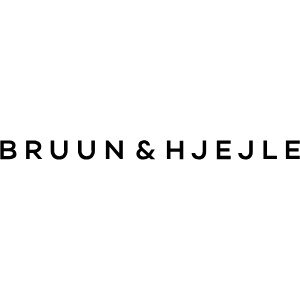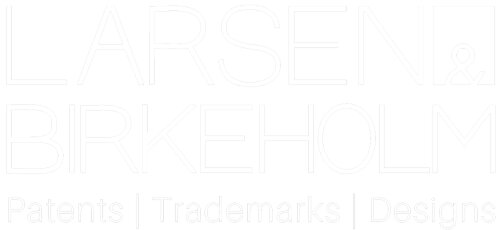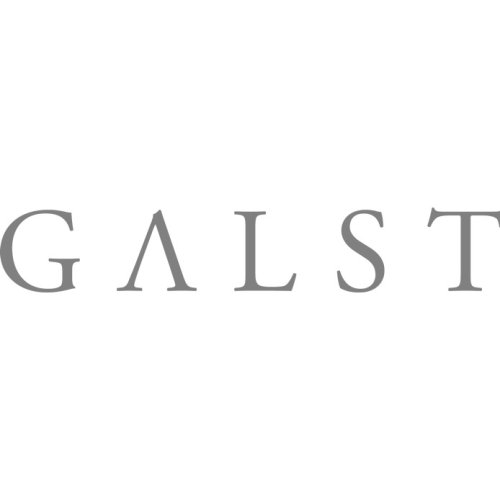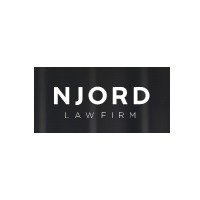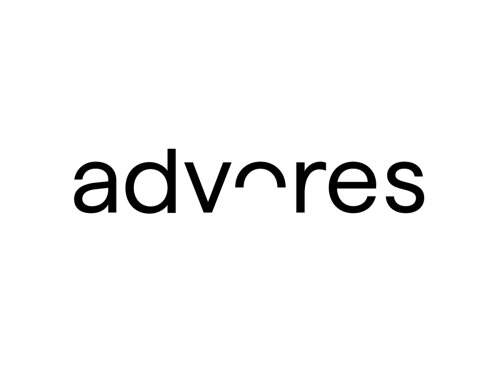Best Intellectual Property Lawyers in Copenhagen
Share your needs with us, get contacted by law firms.
Free. Takes 2 min.
List of the best lawyers in Copenhagen, Denmark
About Intellectual Property Law in Copenhagen, Denmark
Intellectual Property (IP) law in Copenhagen, Denmark, is a dynamic field governed by both Danish national laws and European Union legislation. In Copenhagen, as the cultural and commercial hub of Denmark, safeguarding intellectual creations is crucial for fostering innovation and maintaining competitive markets. Intellectual property rights (IPRs) protect inventions, literary and artistic works, symbols, names, and images used in commerce. Key categories include patents, trademarks, copyrights, and designs. Denmark's approach to IP protection is highly aligned with global standards, offering robust mechanisms for enforcing rights and resolving disputes.
Why You May Need a Lawyer
Individuals and businesses in Copenhagen may require the assistance of an IP lawyer for various reasons. Startups and innovators often seek legal help to protect their inventions and brand identity. Businesses entering new markets need guidance on IP compliance and enforcement. Artists, authors, and creators often require legal support to safeguard their works and handle licensing agreements. Additionally, legal expertise is crucial when dealing with IP infringement cases, negotiations of IP transfers, and addressing complex IP disputes, ensuring that your rights and interests are adequately protected under Danish law.
Local Laws Overview
In Copenhagen, Denmark, IP laws are governed by several pieces of legislation and international agreements. The Danish Patent and Trademark Office (DKPTO) is the primary regulatory body for IP rights. Key laws include the Danish Copyright Act, the Patent Act, the Trademark Act, and the Design Protection Act. These laws are harmonized with European Union directives and international treaties such as the Berne Convention for the Protection of Literary and Artistic Works and the Paris Convention for the Protection of Industrial Property. Enforcement mechanisms are well-established, allowing rights holders to seek remedies through administrative and judicial processes.
Frequently Asked Questions
What is the process for registering a trademark in Denmark?
Trademark registration in Denmark is done through the Danish Patent and Trademark Office (DKPTO). The process includes submitting an application, paying a fee, and undergoing an examination for compliance with legal requirements. Upon approval, the trademark is published for opposition, allowing others to contest the registration.
How long do patent rights last in Denmark?
Patents in Denmark generally last for 20 years from the filing date, provided that annual maintenance fees are paid. Extensions may be available under specific circumstances, particularly for pharmaceuticals through Supplementary Protection Certificates (SPCs).
Can I protect my software with copyright in Denmark?
Yes, software can be protected under Danish copyright law as a literary work. This provides the creator with exclusive rights to reproduction, distribution, and modification of the software.
Are there differences between EU and Danish trademark laws?
While harmonized with EU law, Danish trademark protection allows for national registrations specific to Denmark, offering more localized protection. EU trademarks provide wider coverage across all EU member states, including Denmark.
What constitutes copyright infringement in Denmark?
Copyright infringement in Denmark involves unauthorized use of copyrighted material, such as reproducing, distributing, performing, or displaying a protected work without the rights holder's permission.
How are IP disputes resolved in Copenhagen?
IP disputes in Copenhagen are typically resolved through litigation in the Danish courts or can be settled through arbitration and mediation. The rights holder may seek injunctions, damages, or other remedies.
What are design rights and how are they protected in Denmark?
Design rights protect the appearance of a product, including shape, color, and materials. In Denmark, design rights can be registered through DKPTO or covered under EU Community Design regulations.
Is it possible to file for international IP protection from Denmark?
Yes, international protection can be sought through systems such as the Patent Cooperation Treaty (PCT) for patents, the Madrid Protocol for trademarks, and the Hague System for industrial designs.
How can I find out if my innovation already has existing IP rights?
Conducting a search via DKPTO's databases or utilizing professional IP search services can help determine if similar IP rights already exist for your innovation in Denmark and internationally.
What can I do if someone infringes on my IP rights in Denmark?
If your IP rights are infringed, you should consult an IP lawyer to assess the situation. Potential actions include sending a cease-and-desist letter, initiating negotiations, or pursuing legal action for enforcement and damages.
Additional Resources
For further assistance, consider reaching out to the Danish Patent and Trademark Office (DKPTO), the Danish Design Council, or the European Union Intellectual Property Office (EUIPO) for guidance on European-wide IP rights. Additionally, organizations like the Danish Bar and Law Society provide valuable directories to find qualified IP attorneys in Copenhagen.
Next Steps
For anyone requiring legal assistance with intellectual property issues in Copenhagen, the first step is to consult with an experienced IP lawyer. They will provide targeted advice and guide you through registering IP rights, managing infringement disputes, or any other IP-related concerns. It is crucial to gather all relevant documentation and outline your specific needs during the initial consultation to maximize the effectiveness of the legal support you receive.
Lawzana helps you find the best lawyers and law firms in Copenhagen through a curated and pre-screened list of qualified legal professionals. Our platform offers rankings and detailed profiles of attorneys and law firms, allowing you to compare based on practice areas, including Intellectual Property, experience, and client feedback.
Each profile includes a description of the firm's areas of practice, client reviews, team members and partners, year of establishment, spoken languages, office locations, contact information, social media presence, and any published articles or resources. Most firms on our platform speak English and are experienced in both local and international legal matters.
Get a quote from top-rated law firms in Copenhagen, Denmark — quickly, securely, and without unnecessary hassle.
Disclaimer:
The information provided on this page is for general informational purposes only and does not constitute legal advice. While we strive to ensure the accuracy and relevance of the content, legal information may change over time, and interpretations of the law can vary. You should always consult with a qualified legal professional for advice specific to your situation.
We disclaim all liability for actions taken or not taken based on the content of this page. If you believe any information is incorrect or outdated, please contact us, and we will review and update it where appropriate.
Browse intellectual property law firms by service in Copenhagen, Denmark
Copenhagen, Denmark Attorneys in related practice areas.



